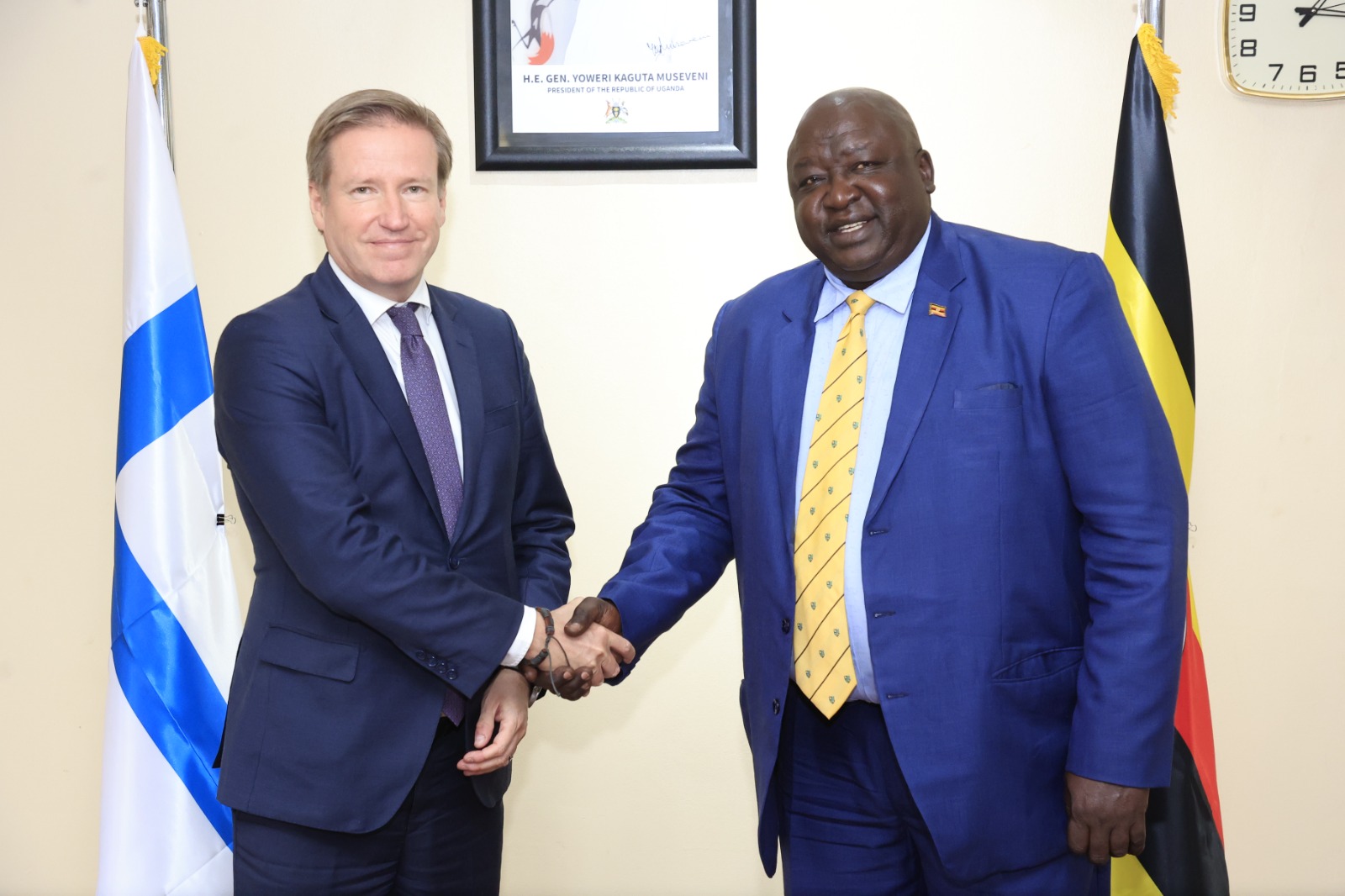Report: Refugees impacting negatively on quality of education in Uganda
A study on language usage in schools and the impact the influx of refugees is having on learning and language in Uganda has revealed a complex situation.
While Uganda received lauded for its progressive policy towards refugees but a report released by the British Council in Uganda shows that the increase in refugee numbers has caused an expansion in enrolment and impacted negatively on the quality of education.
The British Council is the UK’s international organisation for educational opportunities and cultural relations.
Keep Reading
Key findings showed that 19 languages were in common use during lessons in the 30 schools visited in the districts of Arua, Isingiro and Yumbe.
The study found that there is considerable confusion over which language should be used as the language of instruction in schools when so few children understand English and so many had previously been learning in a different language in their home countries.
Overall, 15% of lessons observed were conducted in a local language while two thirds were using English with no use of any other supporting language, even though at least a third of the class did not understand the lesson.
The report also reveals a severe issue with overage children in lower primary caused by the system of placement on arrival that is based on assessment through interview or written tests in English.
The study makes recommendations on how to strengthen language and learning for all children in these schools.
The Country Director, British Council, Fiona Inci underlined the importance of the report.
“Through presenting this research, we aim to raise awareness of the role and value that language plays in refugee education. We hope to create a platform for interested stakeholders in the international development and research communities to plan for sustainable language responses to education in emergencies," she said.













